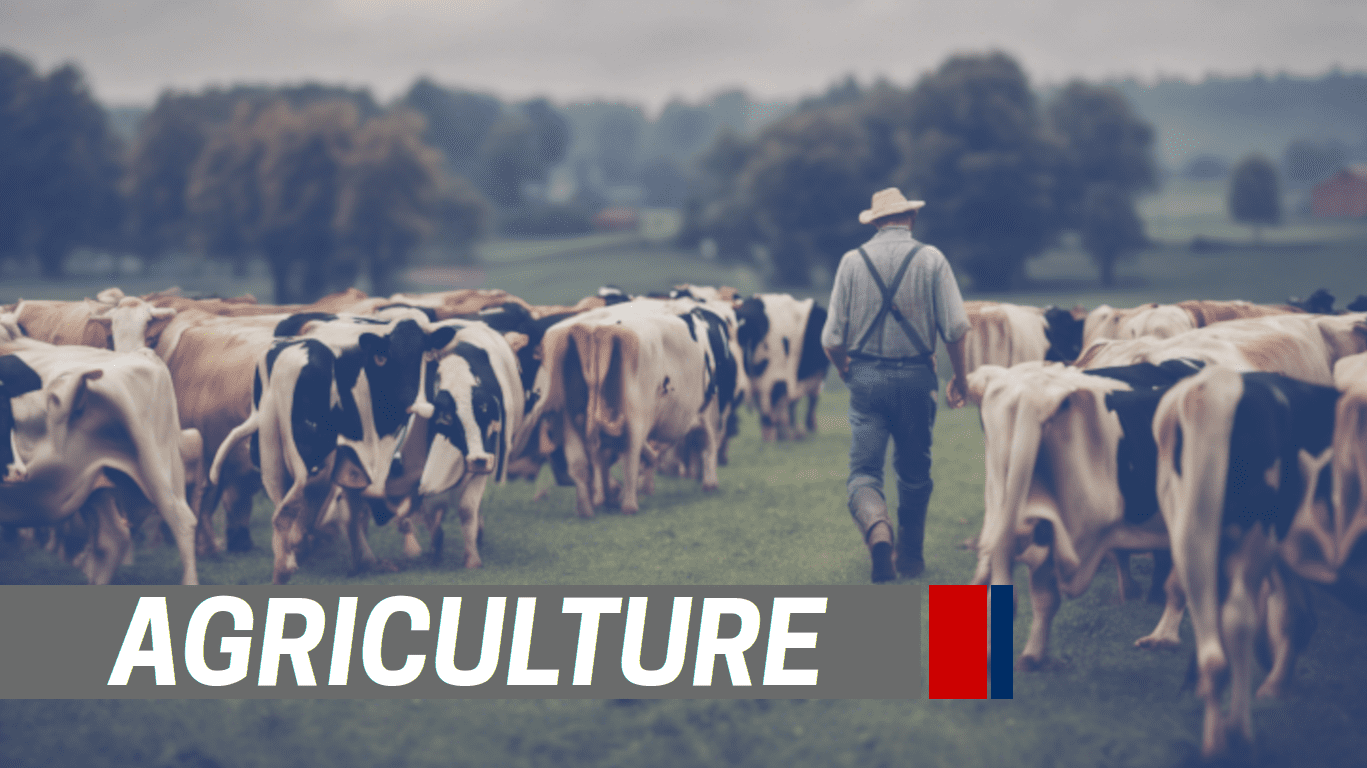NASHVILLE – The Tennessee State Veterinarian has reported a suspected case of highly pathogenic avian influenza (HPAI) in West Tennessee. The incident involves a commercial chicken facility located in Gibson County. This follows a sudden rise in bird deaths, with tests at the Breathitt Veterinary Center Laboratory in Hopkinsville, Kentucky, suggesting a likely case of HPAI. Final confirmation of the specific influenza strain is still pending.
Dr. Samantha Beaty stated, “Although we are awaiting final confirmation, we are confident the illness affecting this flock is HPAI. HPAI continues to circulate in our environment, particularly in the wild bird population. As always, we strongly encourage people who own birds to practice strong biosecurity to protect their flock.”
HPAI is a highly contagious disease known for its lethality in domesticated fowl. Birds can contract HPAI through human interactions and contact with wild birds. To manage the situation, animal health officials have set up a 10-kilometer (6.2-mile) control zone around the affected facility. Within this zone, poultry will be regularly tested and monitored for signs of illness, and any movement of poultry will require a permit until the control zone is lifted. Animal Health staff are reaching out to poultry owners within the zone to provide information and answer any questions. Concerns can be addressed by contacting Animal.Health@tn.gov or calling (615) 837-5120.
While HPAI does not pose a risk to food safety, infected poultry will not enter the food supply. Poultry and eggs remain safe to consume when properly handled and cooked. The risk of human infection with avian influenza during poultry outbreaks is considered very low, with no human transmission reported in Tennessee during the 2022 outbreak affecting backyard and commercial poultry farms.
For bird owners, the following guidance is recommended:
– Wash hands thoroughly before and after handling domesticated birds.
– Use a dedicated pair of shoes for coops or poultry houses, and clean them after each visit.
– Regularly disinfect equipment used in coops or poultry houses.
– Prevent wild birds from interacting with domesticated birds by using noisemakers or, if permitted, firecrackers when vultures or geese are present.
– Monitor for signs of illness and report sudden increases in sick birds or bird deaths to the Tennessee State Veterinarian’s office at (615) 837-5120 and/or USDA at 1-866-536-7593.
More biosecurity tips and HPAI resources can be found online at www.tn.gov/agriculture/animals/animal-health-resources/animal-disease/avian-influenza.html.
Tennessee officials and partners have extensive experience in effectively containing avian influenza, utilizing resources and response protocols for quarantine, testing, disposal, cleaning, disinfection, and monitoring. Tennessee’s commercial poultry industry includes over 500 family farms, with the state being a global leader in primary breeders. Approximately 45 percent of the chicken consumed worldwide has genetic origins from Tennessee operations, and broiler chickens ranked among the state’s top agricultural commodities, generating $972.6 million in cash receipts in 2022.
Source: Read Original Release


